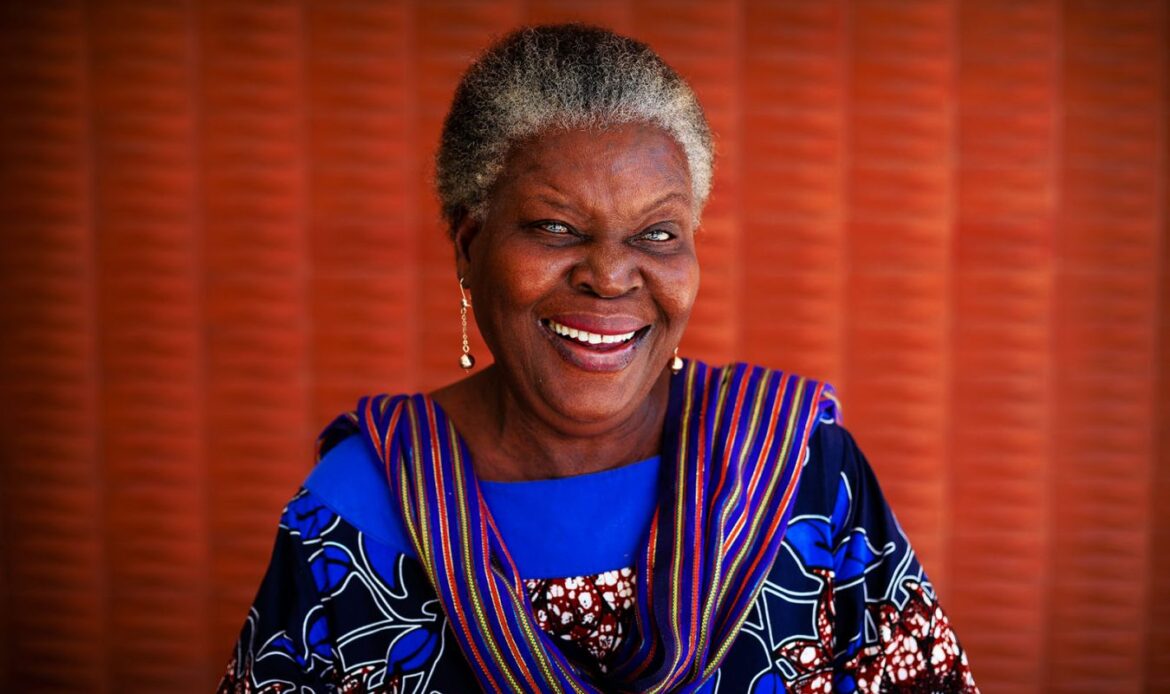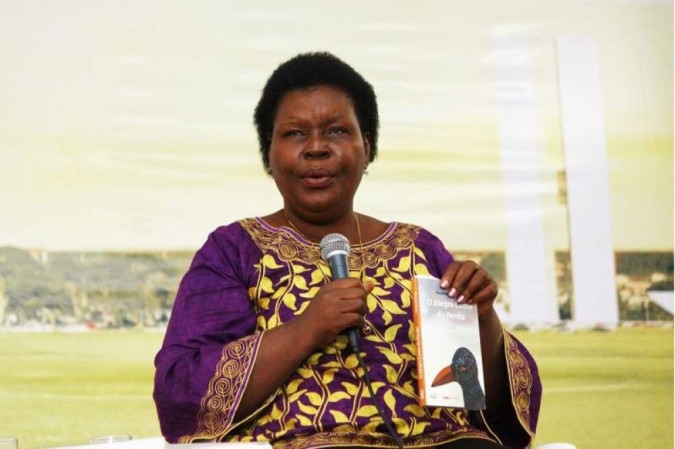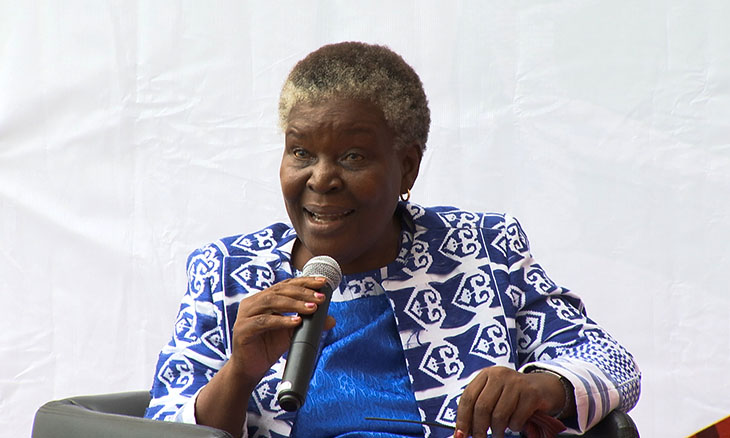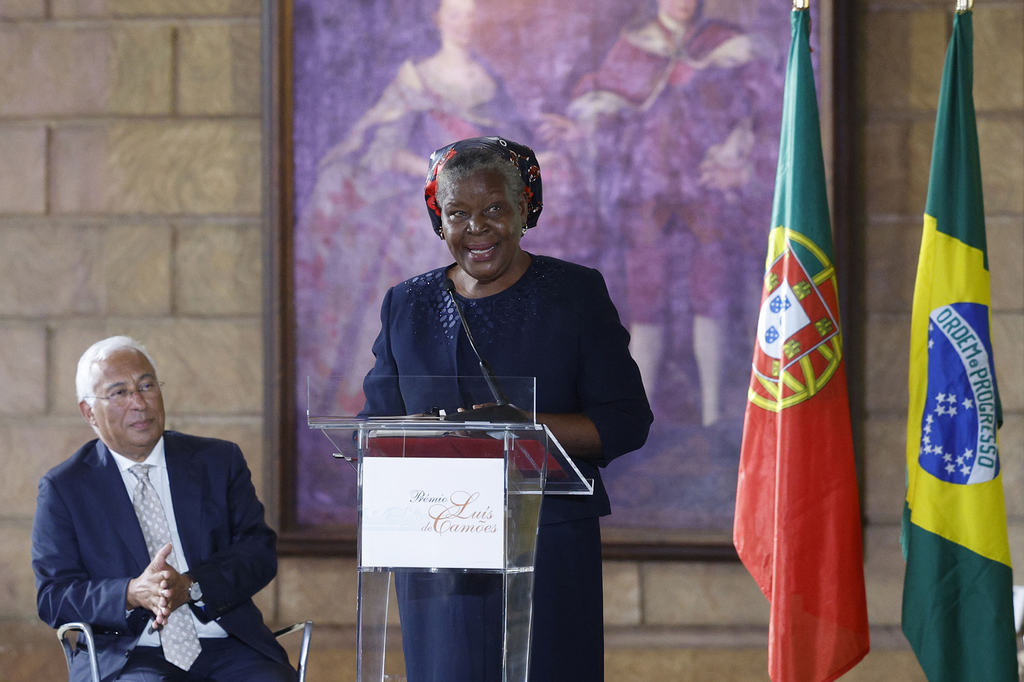
In the heart of Mozambique, where the vibrant rhythms of tradition and modernity intertwine, Paulina “Poulli” Chiziane emerged as a trailblazer in the literary world. As the first woman in Mozambique to publish a novel, Chiziane not only carved out a space for herself in a male-dominated field but also became a powerful voice for African women.
Through her storytelling, she unveils the complexities of Mozambican society, exploring the intersections of gender, culture, and politics with a candidness that challenges social taboos. Chiziane’s work is a testament to the enduring strength of African women, who, like her, navigate and redefine the narratives that shape their lives.
Early Life and Education
Born on June 4, 1955, in Manjacaze, located in the southern province of Gaza, Chiziane grew up in a Protestant family that later moved to the capital city, Maputo. Raised in a multilingual environment, she spoke Chopi and Ronga at home while also mastering Portuguese, the colonial language that would later become the medium of her literary works.
Chiziane’s early education took place at Eduardo Mondlane University in Maputo, where she studied linguistics. However, her academic journey was interrupted as she chose to dedicate herself to writing and activism. Her upbringing in a culturally rich and diverse environment deeply influenced her literary voice, which blends traditional African storytelling with the formal structures of the novel.
Despite the challenges of writing in a predominantly male-dominated literary scene, Chiziane emerged as a powerful voice, reflecting the complexities and contradictions of Mozambican society.
Read: Shola Akinlade is Transforming Communities Through Tech and Football
Literary Contributions and Themes

Chiziane’s literary career began in 1984 when she started publishing short stories in Mozambican magazines such as Tempo and Domingo. Her breakthrough came in 1990 with the publication of her first novel, Balada de Amor ao Vento (Ballad of Love in the Wind).
This novel, set against the backdrop of Mozambique’s colonial history, explores the struggles of a rural woman trapped in a patriarchal society. It is a powerful narrative that set the stage for Chiziane’s subsequent works, which frequently address social issues such as polygamy, gender inequality, and the role of women in Mozambican society.
Her most famous novel, Niketche: Uma História de Poligamia (Niketche: A Story of Polygamy), published in 2002, won the prestigious José Craveirinha Prize. The novel provides a candid exploration of polygamy in southern Mozambique, highlighting the emotional and social challenges faced by women in such unions.
Chiziane’s depiction of the Mozambican South as a region dominated by patriarchal traditions contrasts with the matriarchal structures of the North, offering a nuanced view of gender relations across different cultural landscapes.
Political and Social Engagement

Chiziane’s writing is deeply intertwined with her political activism. As a former member of Frelimo, the Liberation Front of Mozambique, she witnessed firsthand the country’s turbulent journey from colonial rule to independence and the subsequent civil war. These experiences shaped her narratives, often reflecting the social uneasiness and divisions caused by these conflicts.
During the civil war between Frelimo and Renamo (Mozambican National Resistance), Chiziane volunteered with the Red Cross, where she encountered the suffering of her people up close. These experiences profoundly influenced her second novel, Ventos do Apocalipse (Winds of the Apocalypse), published in 1993.
Chiziane’s commitment to social justice extends beyond her literary work. She is actively involved in various women’s organizations across Mozambique, including the Nucleus of Feminine Association of Zambezia (Nafeza), a non-governmental organization focused on improving women’s lives through advocacy and community development. Her work with these organizations further amplifies the themes of empowerment and resistance that permeate her writing.
Recognition and Impact
In 2021, Chiziane was awarded the Camões Prize, the most prestigious literary award for Portuguese-speaking writers. This honor marked a significant milestone in her career, making her the first African woman to receive this award. In her acceptance speech, Chiziane emphasized the collective nature of her work, stating that she writes from a place of shared experience, giving voice to the struggles and triumphs of Mozambican women.
Chiziane’s influence extends beyond Mozambique, as her works have been translated into several languages, including German, French, and Italian. However, despite her international recognition, much of her work remains untranslated into English, limiting her global reach. Nevertheless, her novel The Joyful Cry of the Partridge is slated for an English release in 2024, promising to introduce her powerful storytelling to a broader audience.
Read: Rebecca Enonchong Is Championing Tech and Investment in Africa
Legacy and Continuing Influence

Throughout her career, Chiziane has remained steadfast in her mission to amplify the voices of Mozambican women. Her novels, characterized by their emotional depth and social relevance, challenge the status quo and critically examine the intersections between gender, culture, and power in postcolonial Mozambique. Despite announcing her retirement from writing in 2016, Chiziane remains a significant figure in Mozambican literature and a role model for future generations of African women writers.
Chiziane’s legacy is one of resilience, creativity, and unwavering commitment to social justice. Her contributions to literature and activism have enriched Mozambican culture and provided a powerful platform for addressing critical issues affecting women across Africa. As the first woman to publish a novel in Mozambique and the first African woman to win the Camões Prize, Paulina Chiziane’s impact on the literary world is both profound and enduring.
Be inspired by the trailblazing journey of Paulina Chiziane and other influential African voices. Join us at RefinedNG as we celebrate stories that shape our world. Follow us for more captivating narratives that inform, inspire, and ignite change.
